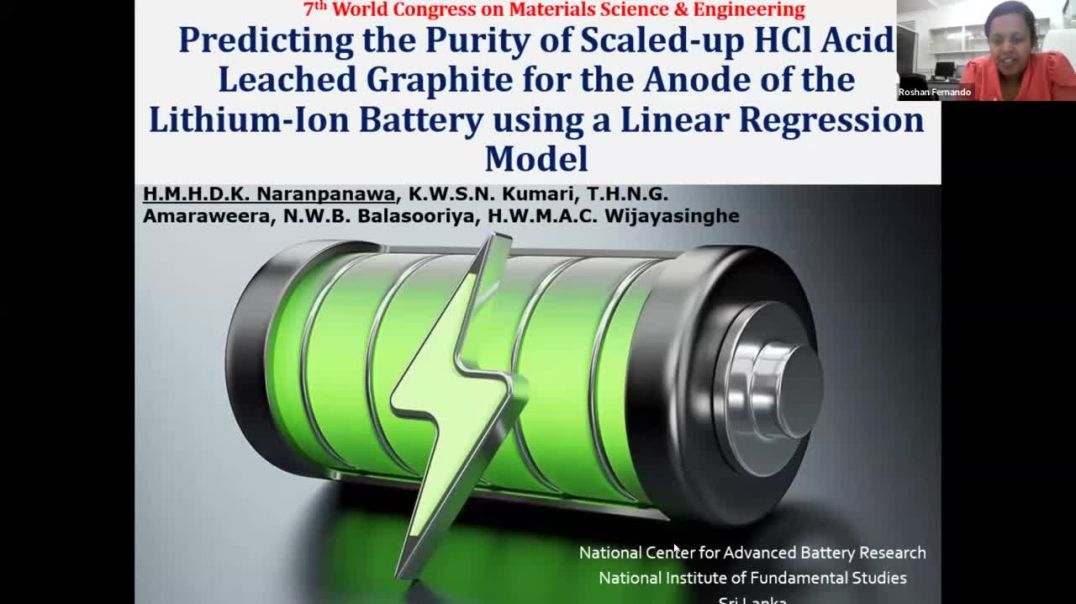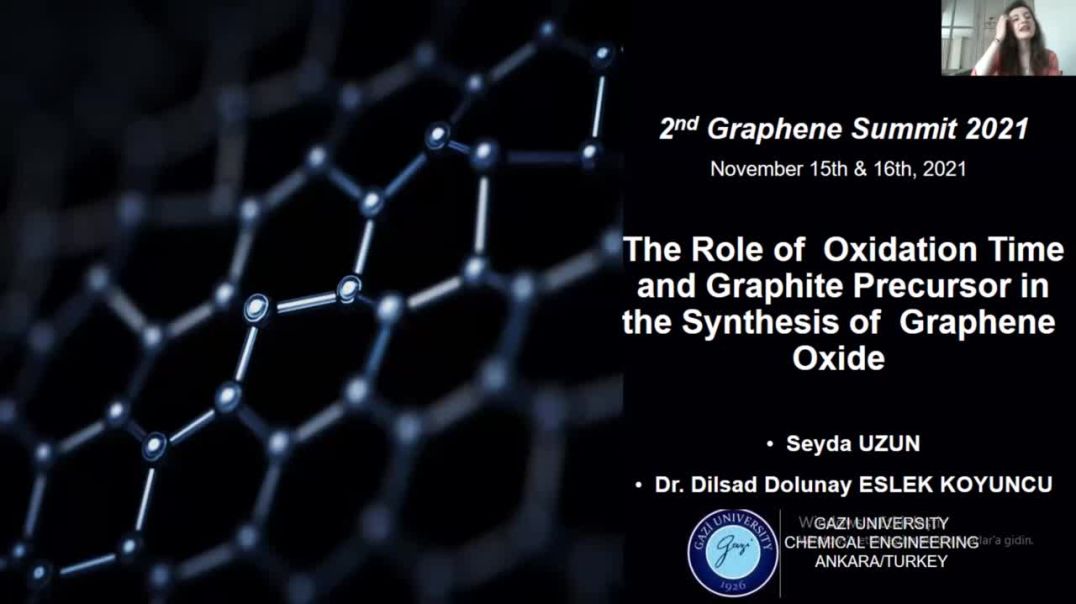Predicting the purity of scaled-up HCl acid leached graphite | Naranpanawa
Summary :
Lithium-ion batteries (LIB) have become one of the main storage devices for consumer electronic products. Natural vein graphite has been identified as a potential anode material in LIB, with a purity requirement of over 99.5%. The HCl acid leaching purification method has shown its success in achieving that target at laboratory scale. However, in order to move to commercial production, the purification process needs to be scaled up. Already, a considerable gap exists between laboratory-level achievements and commercialization. In this perspective, making prior scientific predictions of the purity of scaled-up purified graphite will make it easier to make more accurate scientific decisions on the scaling-up process. For that, purified graphite samples were scaled up using the quartile formula at the laboratory level, and the developed graphite samples were characterized. A linear regression model was then developed to predict the purity of the scaled-up graphite with the higher volumes of acid-leached solution used in the HCl acid leaching method. The resulting model showed a significant P-value of 0.000, indicating that it is feasible and effective in forecasting the purity of the scaled-up graphite samples. The fitted model could explain 99.54% of the variation in the volume of acid solution used in the HCl acid leaching method. The model was validated, and its assumptions were verified by performing residual analysis with a significance level. The present study reveals that the best linear regression model for higher volumes was developed using proportional rules for masses and volumes in accordance with the quartile formula. Therefore, this approach could be beneficial in generating precise scientific predictions to scale up the purification process of vein graphite.
About Author :
Himashee Naranpanawa is a postgraduate researcher attached to the National Center for Advanced Battery Research (NCABR) of National Institute of Fundamental Studies, Kandy, Sri Lanka. She received her B.Sc. in Mineral Resources and Technology specializing Mineral Processing Technology from the Uva Wellassa University of Sri Lanka in 2017 and currently reading for the M.Phil. Degree from the University of Peradeniya, Sri Lanka. Her research work focuses mainly on purification/modification aspects of natural vein graphite with special attention on scaling-up/optimization, for the anode application in rechargeable batteries.



